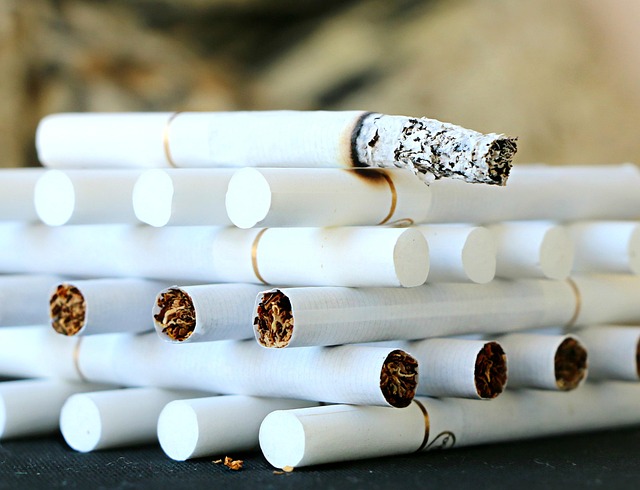In today’s digital age, the impact of social media is undeniable, shaping our interactions, perspectives, and even our self-worth. Yet, an unsettling trend has emerged—click addiction. This insidious form of dependency on likes, shares, and ephemeral content not only hijacks our attention but can also erode our mental health.
For many, the cycle begins innocently enough. The daily scroll through social media feeds becomes a ritual, initially intended to connect with friends or catch up on the latest news. However, as our usage increases, so does the dopamine rush associated with receiving notifications or engagement on our posts. It’s a cycle of reinforcement that many find hard to break, as the craving for validation through clicks overrides our initial motivations for using these platforms.
Research has shown that excessive social media use can lead to feelings of isolation, anxiety, and even depression. The curated perfection we see in our feeds can create unrealistic standards and foster a constant comparison between our lives and the highlight reels of others. Over time, this can morph into a desperate need for approval, trapping users in a cycle of click addiction that is difficult to escape.
Moreover, the algorithms driving these platforms are designed to maximize engagement. They learn our preferences, feeding us content that keeps us scrolling. This creates an echo chamber where the desire for likes and shares becomes paramount, overshadowing genuine connections and the joy of meaningful interactions. What was once a tool for connection morphs into a platform of competition, one founded on fleeting moments of validation rather than genuine fulfillment.
Interestingly, the repercussions extend beyond individual mental health. Society as a whole faces challenges as digital interactions take precedence over face-to-face communication. Relationships can suffer as we become more engrossed in our screens than in the world around us. The more time spent online equates to less time invested in nurturing personal relationships, leading to a growing sense of isolation, even among those with thousands of followers.
Furthermore, the societal pressure to maintain a perfect online persona can lead to obsessive behaviors. We may find ourselves checking our phones constantly, seeking that next ‘like’ fix—whether we are at a dinner party or during a leisurely walk in the park. This pattern diminishes our ability to enjoy the present moment, a side effect of our growing click dependency.
As we navigate this complex landscape, it’s crucial to recognize click addiction for what it is: a behavioral dependency that can significantly impact our lives, relationships, and well-being. Understanding the implications of our social media usage is the first step towards reclaiming our time and focus. It is also essential to engage in digital detoxes, mindful usage, and open conversations about the impacts of social media on mental health. By fostering awareness, we can ensure that our interactions online don’t overshadow the beauty and richness of life offline.



